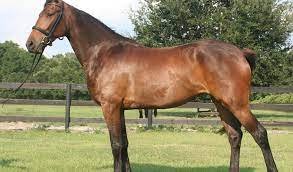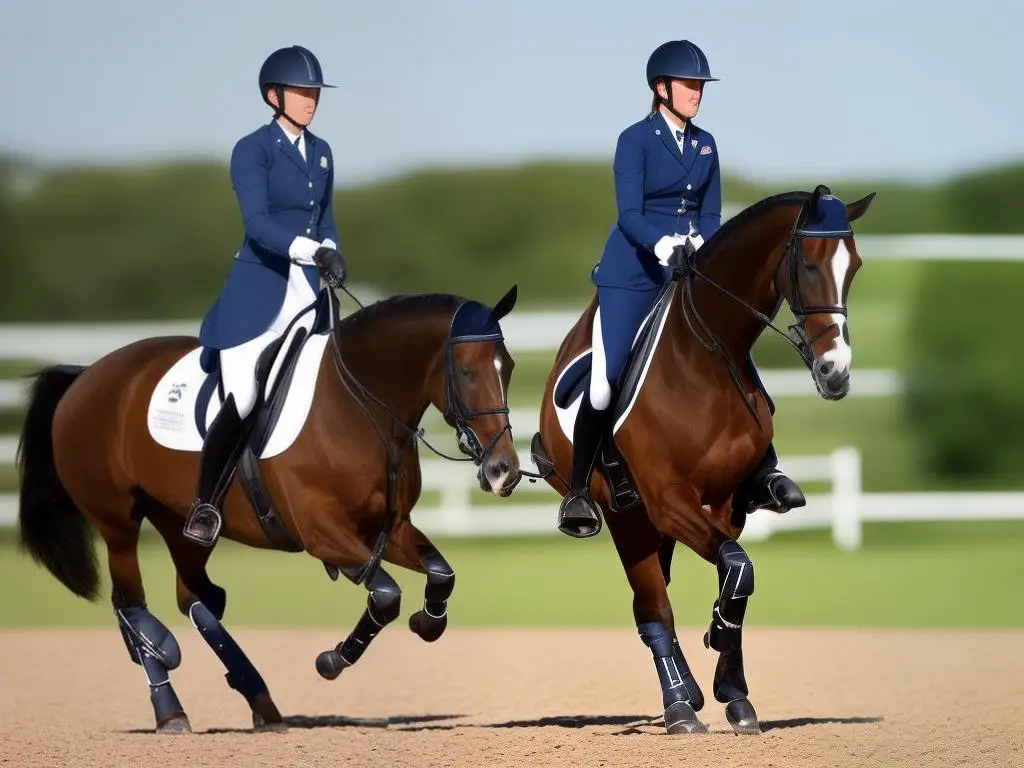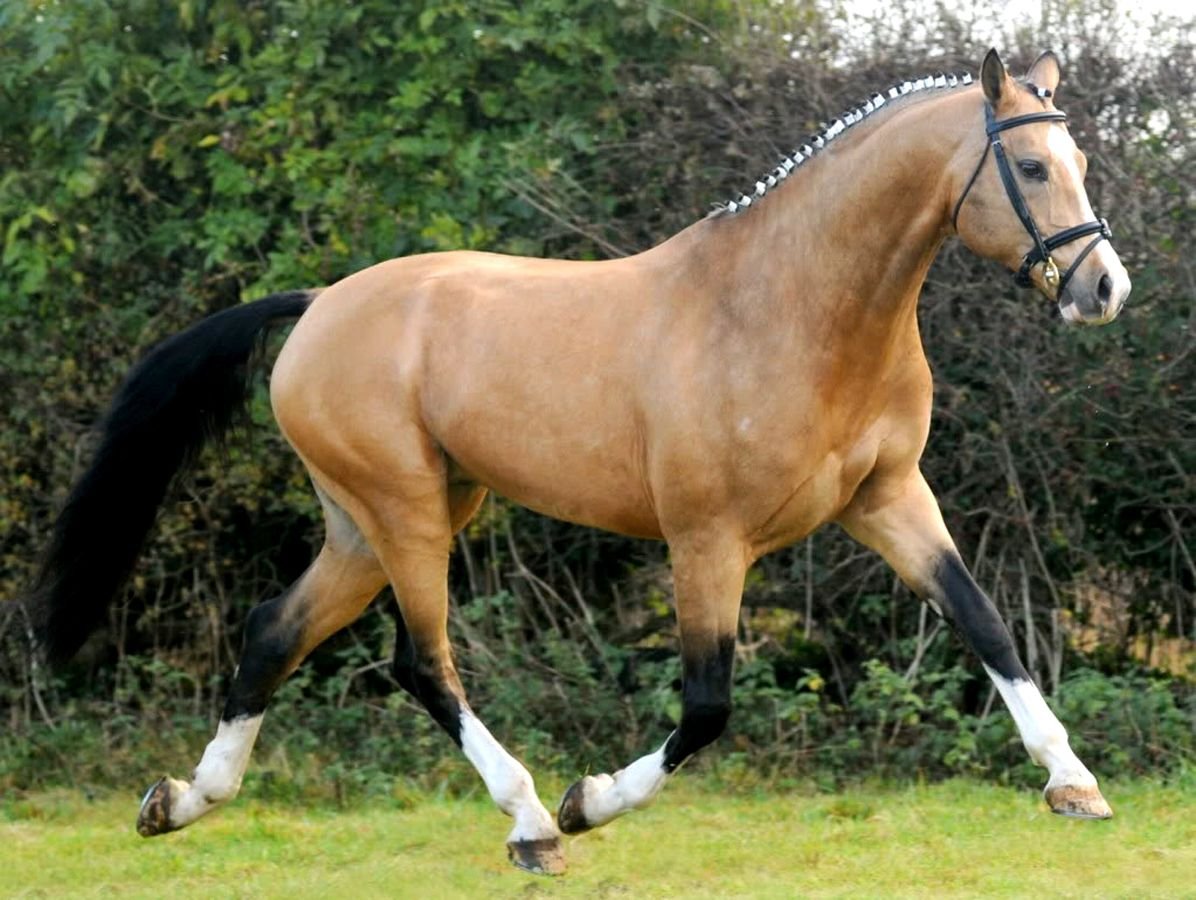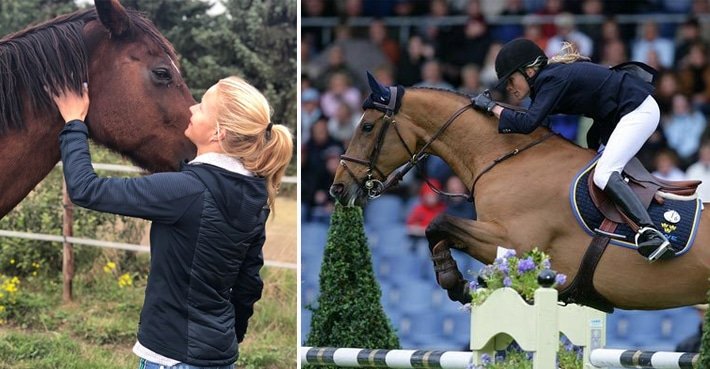Warmblood horses are some of the most beloved equines in the world, particularly in disciplines like dressage, show jumping, and eventing. Known for their athleticism, trainability, and versatility, these horses are also admired for their temperaments. Understanding the typical traits and behaviors of warmbloods can help potential owners or riders develop better relationships with them and enhance their training experiences. In this post, we’ll explore what you can expect from the temperament of warmblood horses.
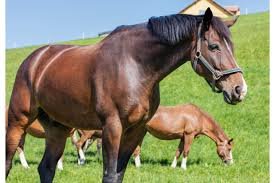
1. Friendly and Willing to Work
One of the most defining characteristics of warmbloods is their friendly and willing nature. Generally, these horses are known for their eagerness to please, which makes them very trainable. Whether in a competitive setting or during casual riding, warmbloods tend to approach work with a positive attitude. This trait stems from generations of breeding for both athleticism and trainability, with a strong emphasis on a cooperative disposition.
Because warmbloods are bred to work closely with humans in various equestrian sports, their willingness to engage in training makes them highly sought after in competitive arenas. Their eager disposition helps them form strong bonds with their handlers and riders, making them ideal companions for riders who are looking for a horse that enjoys the partnership.
2. Calm and Steady
While many horses can become nervous or excitable in certain situations, warmbloods are generally known for their calm and steady temperaments. This is one of the reasons they excel in high-pressure sports like dressage, show jumping, and eventing. Their ability to maintain composure under pressure is a huge advantage, especially when they are required to perform in front of large crowds or navigate complex courses.
Warmbloods typically handle stressful situations with confidence, making them suitable for riders who are looking for a horse with a steady temperament. This trait is especially important in disciplines that require precision and control, as a calm horse is less likely to make mistakes in tense situations.
3. Intelligent and Quick to Learn
Another standout feature of warmblood temperaments is their intelligence. Warmbloods are known for being quick learners, which makes them excellent candidates for advanced training. Whether learning new dressage movements, jumping techniques, or eventing challenges, these horses tend to catch on quickly to new concepts.
Their intelligence, combined with their natural athleticism, means they are often able to perform complex tasks with precision. This quality makes them a favorite in competitive equestrian sports, where the ability to quickly grasp new concepts and refine skills is essential.
However, while warmbloods are generally quick learners, it’s essential to provide them with consistent, clear training. Their intelligence means they may get bored if training is repetitive or not mentally stimulating. As a result, it’s important to keep their training engaging and varied.
4. Sensitive and Responsive
Warmbloods tend to be sensitive to their rider’s cues, which can be a double-edged sword. On one hand, this sensitivity allows them to respond well to subtle aids, making them highly responsive in the saddle. This is particularly advantageous for riders who participate in dressage, where precision and light communication are crucial.
On the other hand, their sensitivity means they can also be easily affected by changes in their environment or their rider’s mood. They may become nervous or distracted in unfamiliar settings, requiring a rider who is calm, consistent, and confident. The key to managing this sensitivity is creating a balanced training approach that reassures the horse and helps them develop trust in their handler.
5. Energetic and Athletic
Warmbloods are highly energetic and athletic horses, built for stamina, strength, and agility. These horses are often bred to perform physically demanding tasks in competitive sports, and their energy levels reflect this. They are generally active and enjoy engaging in physical exercise, whether that’s galloping across a field or jumping over fences.
While their energy makes them excellent partners for sports, it also means that they require regular exercise and mental stimulation. Warmbloods are not suited for a life of inactivity or boredom. If their energy is not channeled properly, they may become restless or mischievous. Therefore, it’s essential to provide them with ample opportunities for physical and mental stimulation, including structured training, exercise, and time for play.
6. Occasionally Reserved, but Affectionate
Although warmbloods are generally friendly and willing to interact with humans, they can sometimes be a bit reserved compared to more naturally outgoing breeds. This tendency is often seen in the more serious or focused warmbloods, particularly those bred for high-performance disciplines like dressage. They may approach their human companions in a more reserved manner, preferring to work rather than seek constant affection.
However, with time and a strong bond, warmbloods can be affectionate and form deep connections with their owners. They may seek out attention after work or show a quiet affection in their own way. This bond is especially strong when they trust their handler, and over time, many warmbloods become incredibly loyal companions.
7. Social and Herd-Oriented
Like most horses, warmbloods are social animals that enjoy the company of other horses. They are generally herd-oriented, meaning they prefer to be with other horses rather than isolated in a stall. Their social nature can make them ideal for keeping in barns with other horses, as they tend to get along well in group settings.
However, this herd instinct can also mean that warmbloods may experience anxiety if they are kept alone for long periods. If you’re considering owning a warmblood, it’s important to ensure they have adequate social interaction, either with other horses or through human companionship.
Conclusion
Warmblood horses are known for their friendly, calm, and intelligent temperaments, which make them well-suited for a wide variety of equestrian disciplines. Their willingness to work, steady nature, and athletic ability make them particularly popular in competitive sports like dressage, show jumping, and eventing. Although they can be sensitive and require mental stimulation, they are typically eager to please and form strong bonds with their handlers. Whether you’re a seasoned competitor or a casual rider, a warmblood can be an excellent choice for a versatile, loyal, and talented companion.







